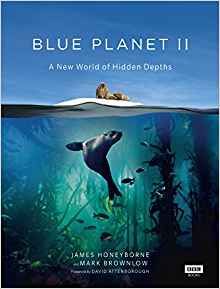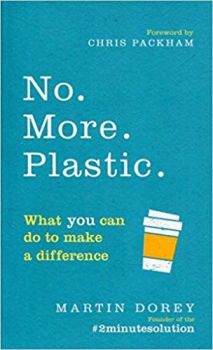Children take part in air pollution study - pollution affects us all
Posted on
|
Did you know there’s research being undertaken to find out how badly school children are affected by pollution every day? The Daily Mail reports that 250 pupils in schools across London are gathering data for one week. They are carrying pollution sensors made by Dyson in lightweight backpacks. The sensors only weigh just over 1kg and take one pocket, so the rest of the space in the backpack can be used for books etc. The sensors can measure both particulate matter and nitrogen dioxide (NO2) levels and will enable the researchers to gain a better understanding of which pollutions are the most harmful. The study is being run by King’s College London and it’s hoped that the findings will discover at which points and on which routes youngsters are most exposed to toxic pollutants. As I’m so fond of saying, you can’t expect to be healthy if your environment isn’t healthy too.
|


